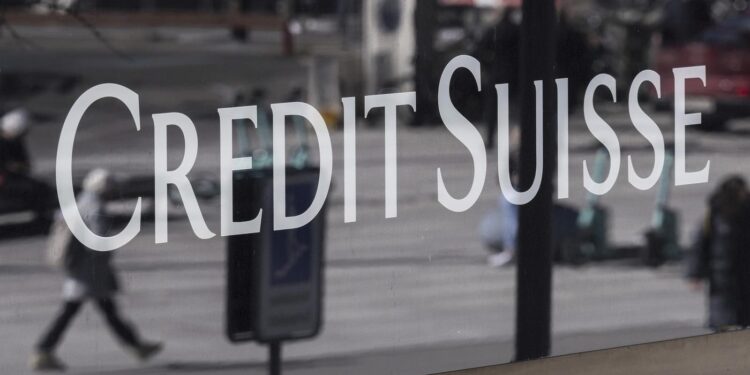Shares of Credit Suisse plunge 63%, UBS down 14% after news that UBS will buy Credit Suisse to stave off market turmoil
Are we heading towards the 2008 bank crisis?
The 2008 financial crisis, also known as the Global Financial Crisis (GFC), was a severe economic downturn that began in the United States and quickly spread across the world. It was triggered by the subprime mortgage market collapse, which was caused by the combination of low-interest rates, easy credit, and the housing market bubble. Banks had been lending to subprime borrowers who were unable to pay back their loans, which led to a massive wave of foreclosures and bankruptcies.
The crisis had a ripple effect on the entire financial system, causing widespread panic and uncertainty. Banks began to fail, credit markets froze, and investors lost trillions of dollars. Governments were forced to intervene with massive bailouts and stimulus packages to stabilize the economy.
The GFC had significant social and political consequences, causing unemployment, poverty, and inequality to rise. The crisis also led to widespread public anger and a loss of faith in the financial system and government institutions. It sparked a global debate about the role of banks, financial regulation, and economic inequality. It was a wake-up call for policymakers to address the fundamental flaws in the financial system and prevent such a catastrophic event from happening again.


Recent Comments